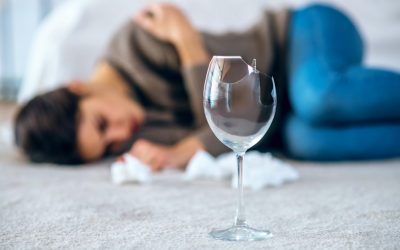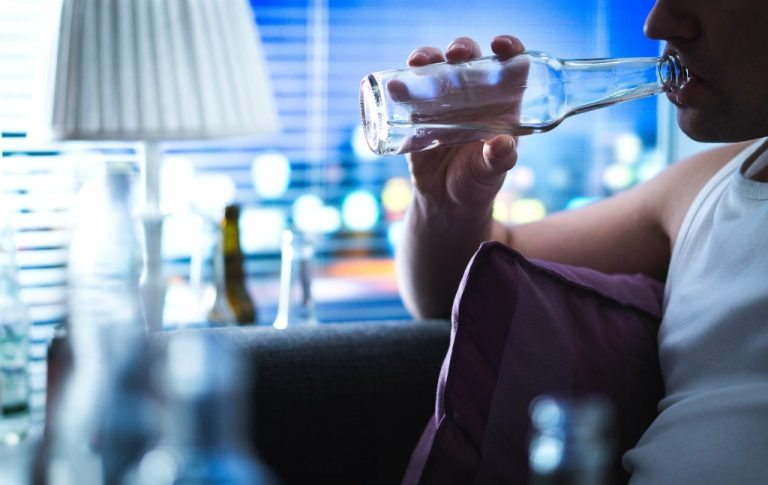Drug addiction is a pervasive issue in the United States, affecting millions of people and their families. Despite the high prevalence of substance use disorders (SUDs), many people struggle to access and receive effective treatment. According to the latest statistics, 21.9% of Americans over the age of 12 have used https://www.novgaz-rzn.ru/nomer22092011_37/442.html illicit drugs in the past year, and 9.2 million people over the age of 12 have misused opioids. If you are concerned about your substance use, Dr. Linde suggests it can be helpful to ask yourself questions about the negative medical, psychosocial, legal, and financial consequences of drinking and using drugs.
- Provided a user hasn’t had an extremely negative experience with a substance, they may try to recreate that sensation of feeling good by using the substance again.
- Medical treatment may take place either in an outpatient or, when clinically indicated, inpatient setting.
- For all practical purposes with regard to drug use, the terms remission and recovery mean the same thing—a person regaining control of their life and reversing the disruptive effects of substance use on the brain and behavior.
- Group meetings are available in most communities at low or no cost, and at convenient times and locations—including an increasing presence online.
- Treatment should be tailored to address each patient’s drug use patterns and drug-related medical, mental, and social problems.
Explore Topics in Substance Use and Addiction Science
Stopping drug use is just one part of a long and complex recovery process. When people enter treatment, addiction has often caused serious consequences in their lives, possibly disrupting their health and how they function in their family lives, at work, and in the community. The chronic nature of addiction means that for some people https://hram-sveta.ru/medicina-ot-a-do-ya-dlya-pacientov-i-vrachey/150525-sezdy-kardiologov-spasayut-zhizni-ezoterika.html relapse, or a return to drug use after an attempt to stop, can be part of the process, but newer treatments are designed to help with relapse prevention. Relapse rates for drug use are similar to rates for other chronic medical illnesses. If people stop following their medical treatment plan, they are likely to relapse.

If taking drugs makes people feel good or better, what’s the problem?
There are strategies of distraction and action people can learn to keep them from interrupting recovery. Another is to carefully plan days so that they are filled with healthy, absorbing activities that give little time for rumination to run wild. Exercise, listening to music, getting sufficient rest—all can have a role in taking the focus off cravings. No matter which pathway of recovery a person chooses, a common process of change underlies them all. The well-researched science of behavior change establishes that addictive behavior change, like any behavior change, is a process that starts long before there’s any visible shift in activity.
- Contextual risk factors, including decision-making, self-efficacy, pain, craving, etc., are shown in black font in colored boxes.
- Introducing drugs during this period of development may cause brain changes that have profound and long-lasting consequences.
- This is more common in young adults, but this curious nature can lead to unintended consequences.
Ongoing treatment

Another vital element of care during recovery is relapse prevention—learning specific strategies for dealing with cravings, stress, setbacks, difficult situations, and other predictable challenges. Recovery involves rebuilding https://iselanlari.az/4765-executive-chef.html a life— returning to wellness and becoming a functioning member of society. Every person needs a comprehensive recovery plan that addresses educational needs, job skills, social relationships, and mental and physical health.
- Withdrawal from different categories of drugs — such as depressants, stimulants or opioids — produces different side effects and requires different approaches.
- The efficacy of naltrexone in reducing relapse to heavy drinking, in comparison to placebo, has been supported in numerous meta-analyses (23–25), although there is less evidence for its efficacy in supporting abstinence (25).
- Another vital element of care during recovery is relapse prevention—learning specific strategies for dealing with cravings, stress, setbacks, difficult situations, and other predictable challenges.
- • Empowerment—finding the wherewithal to cope with recovery and the challenges of life, which breeds a sense of self-efficacy.
